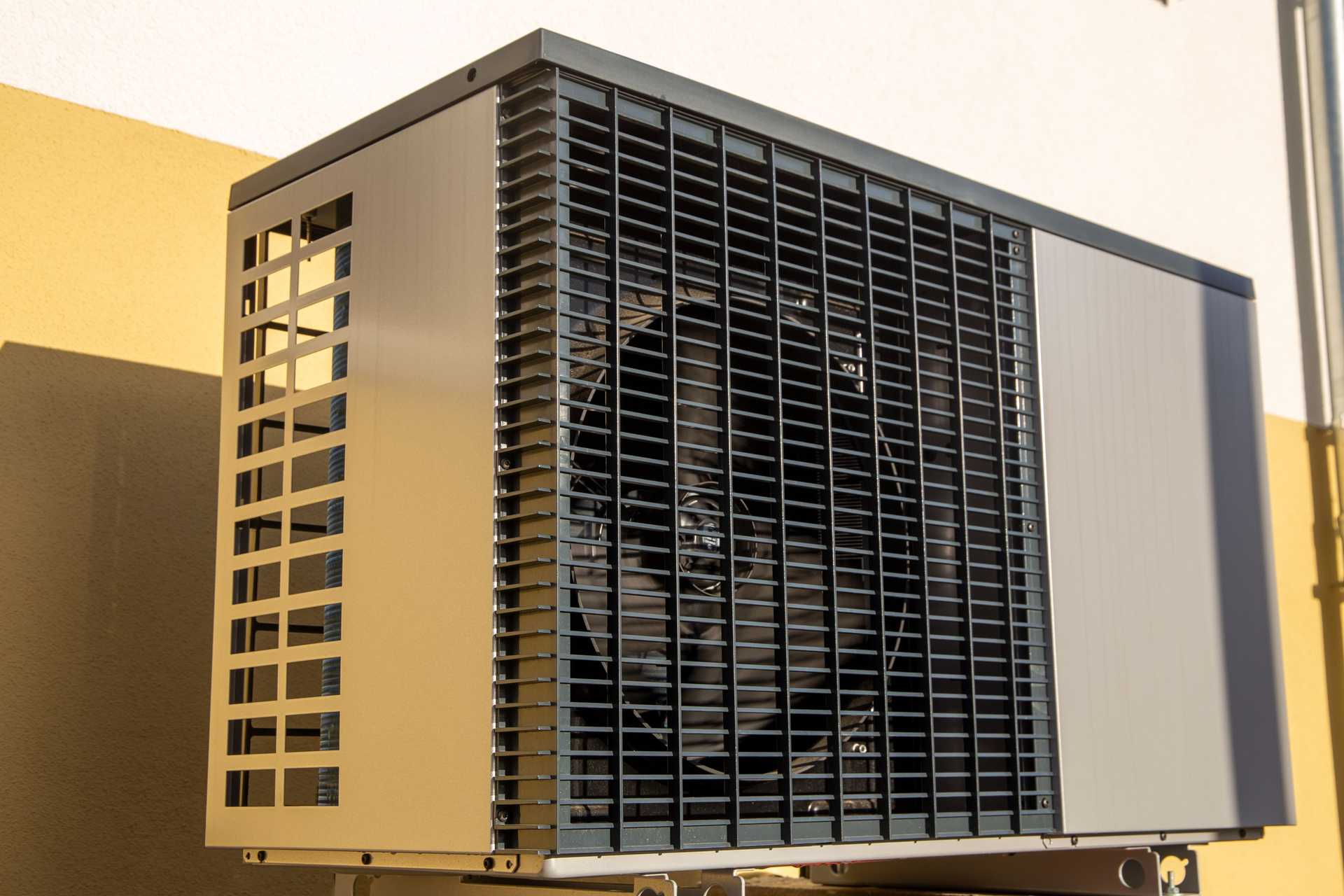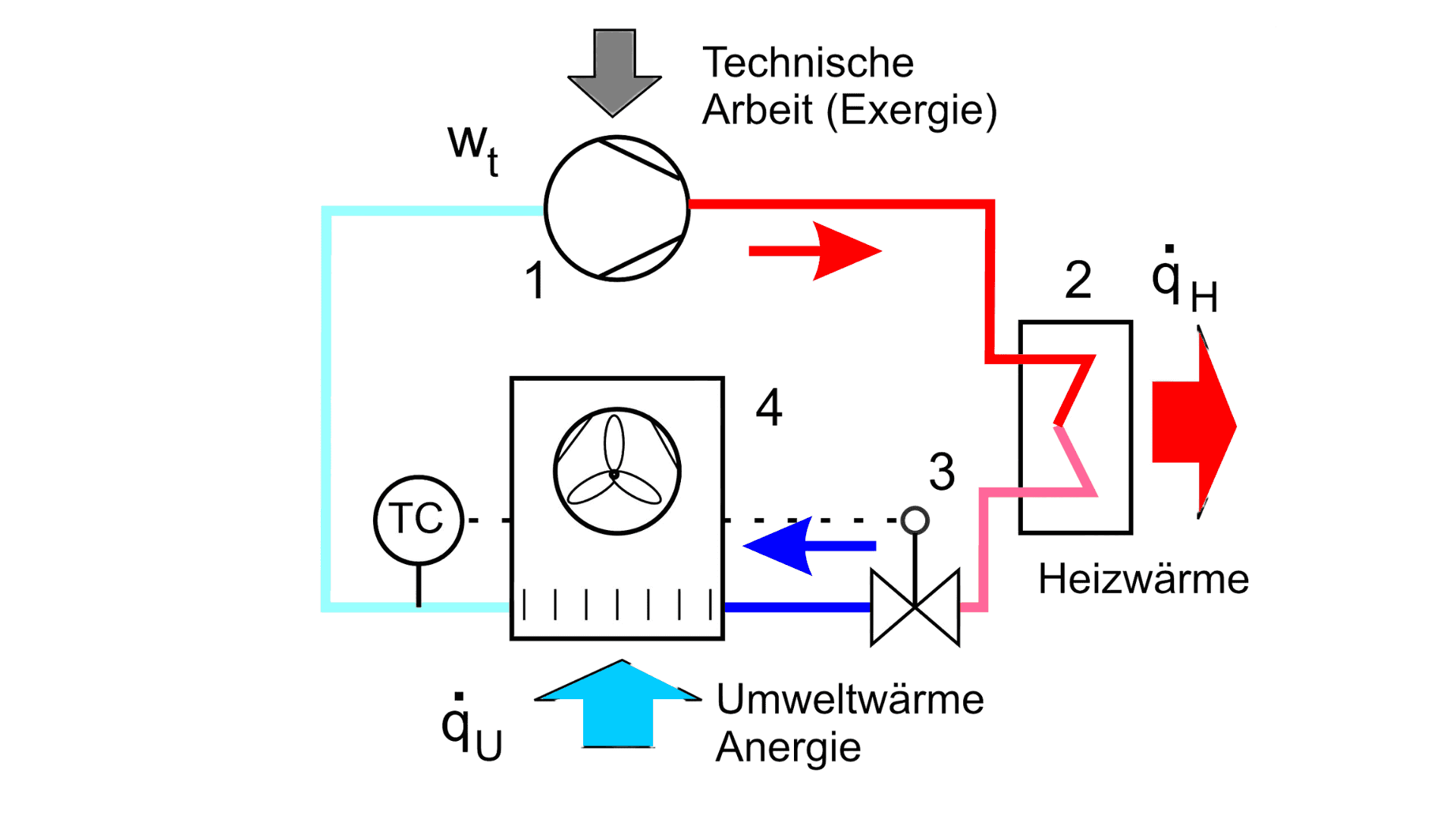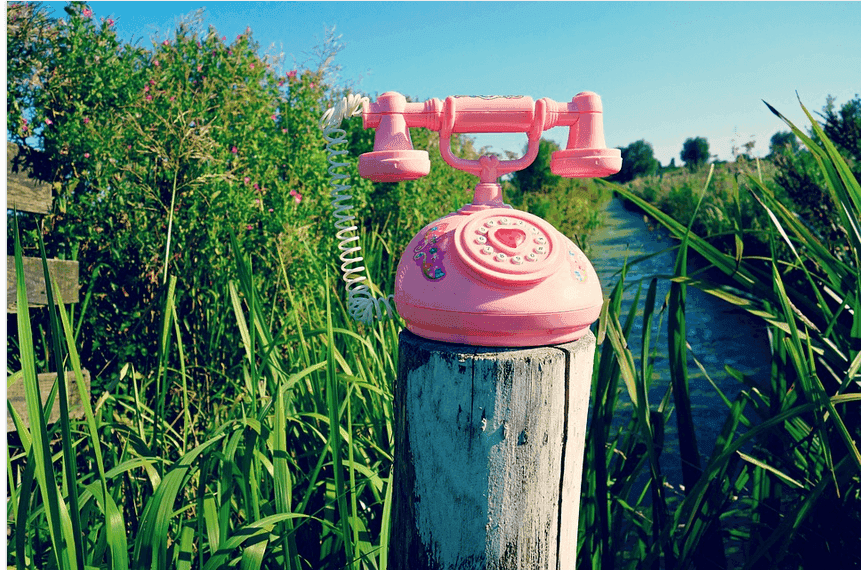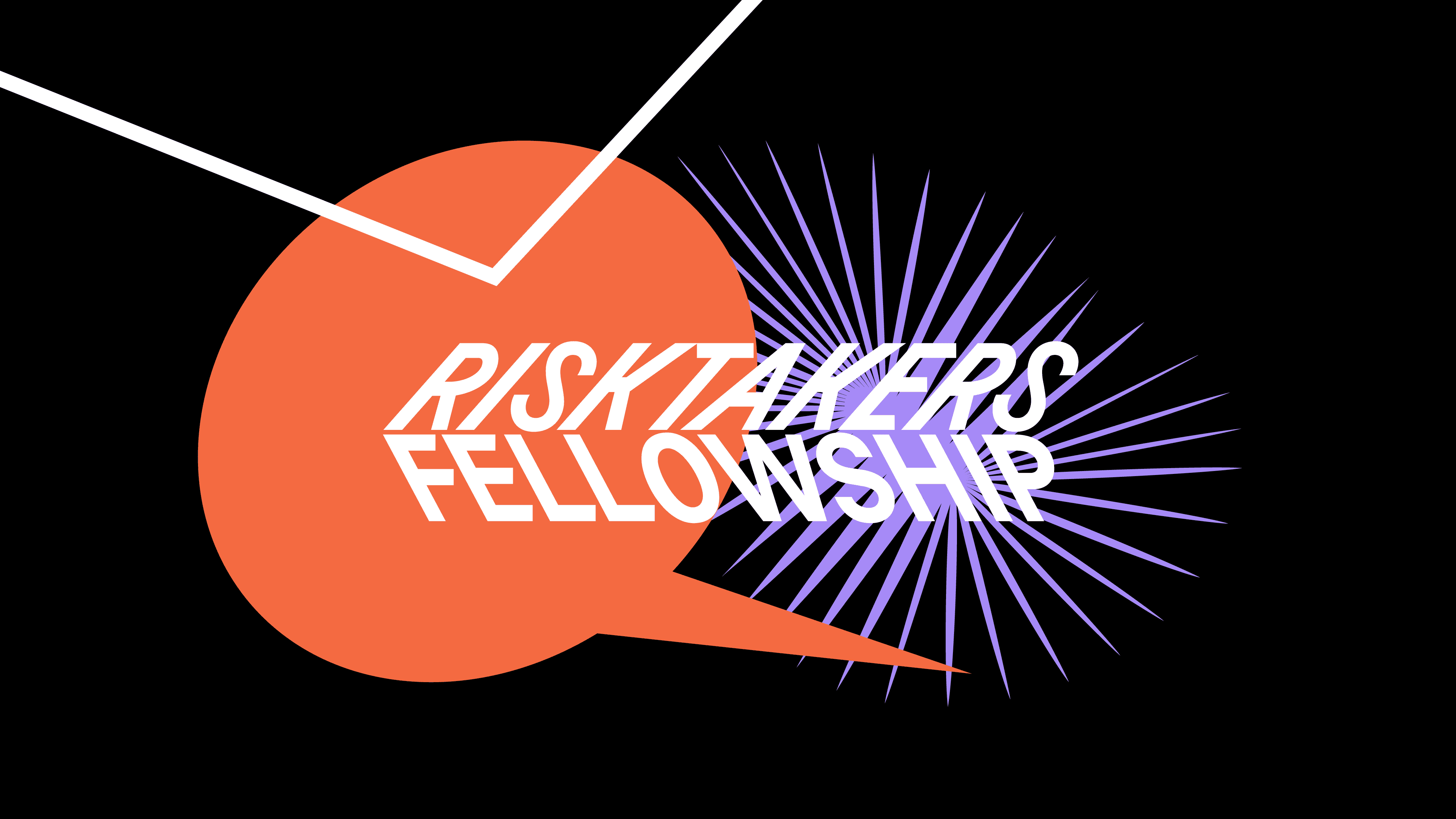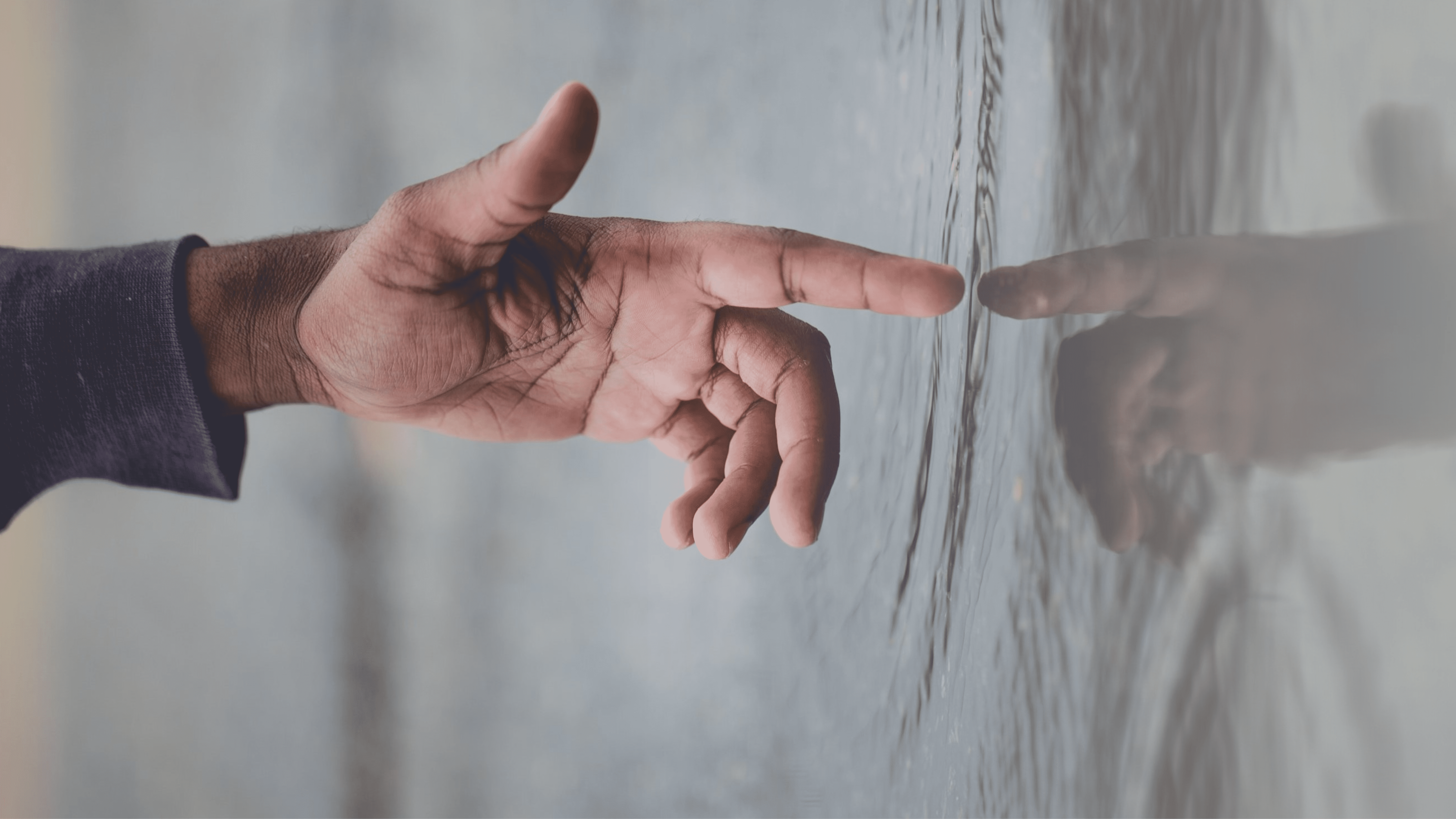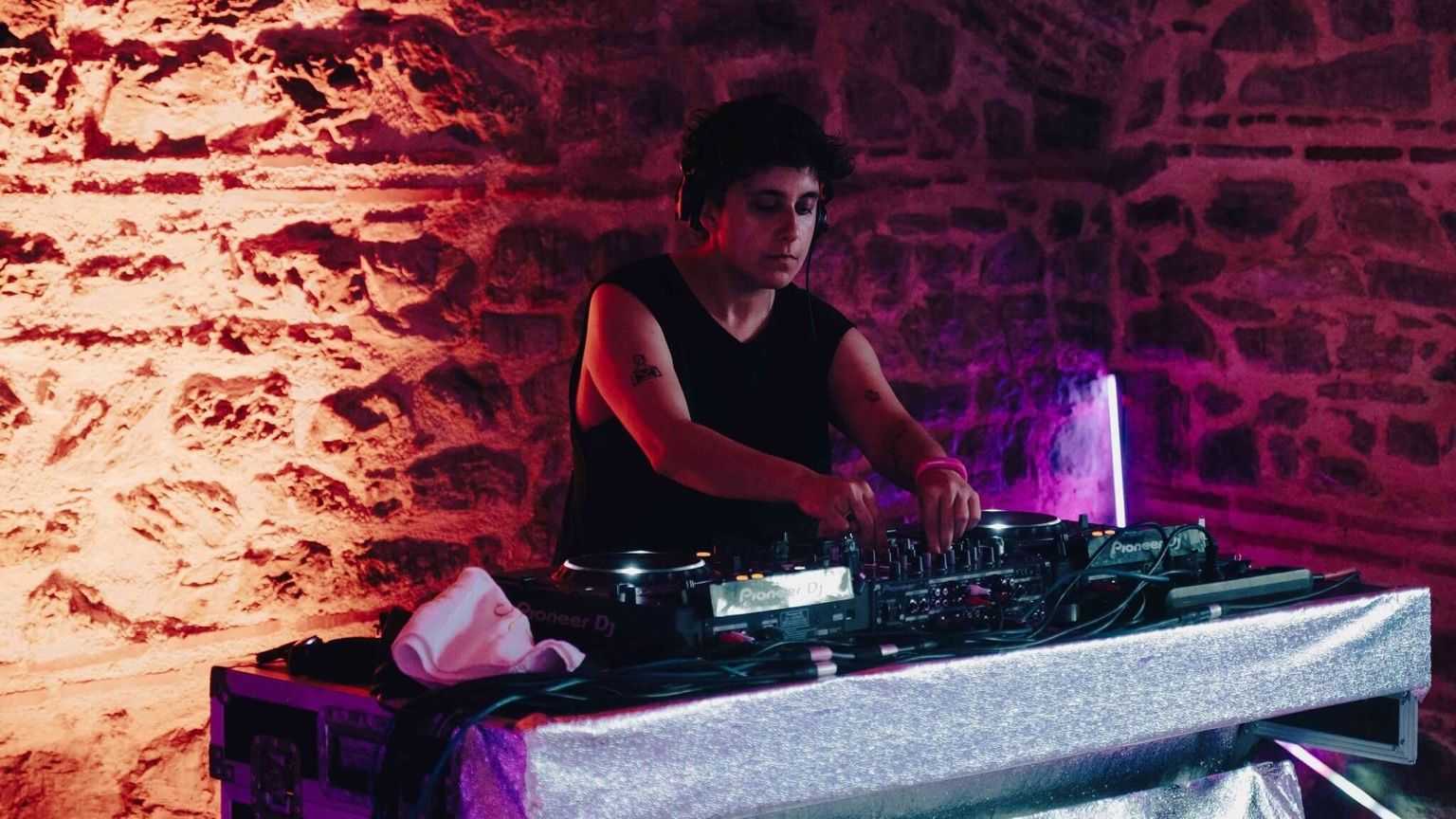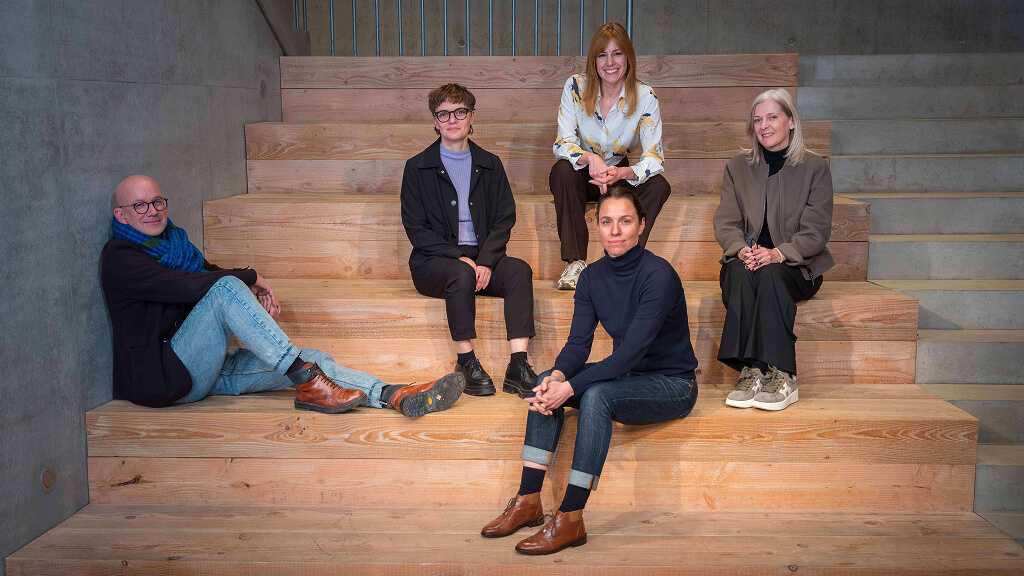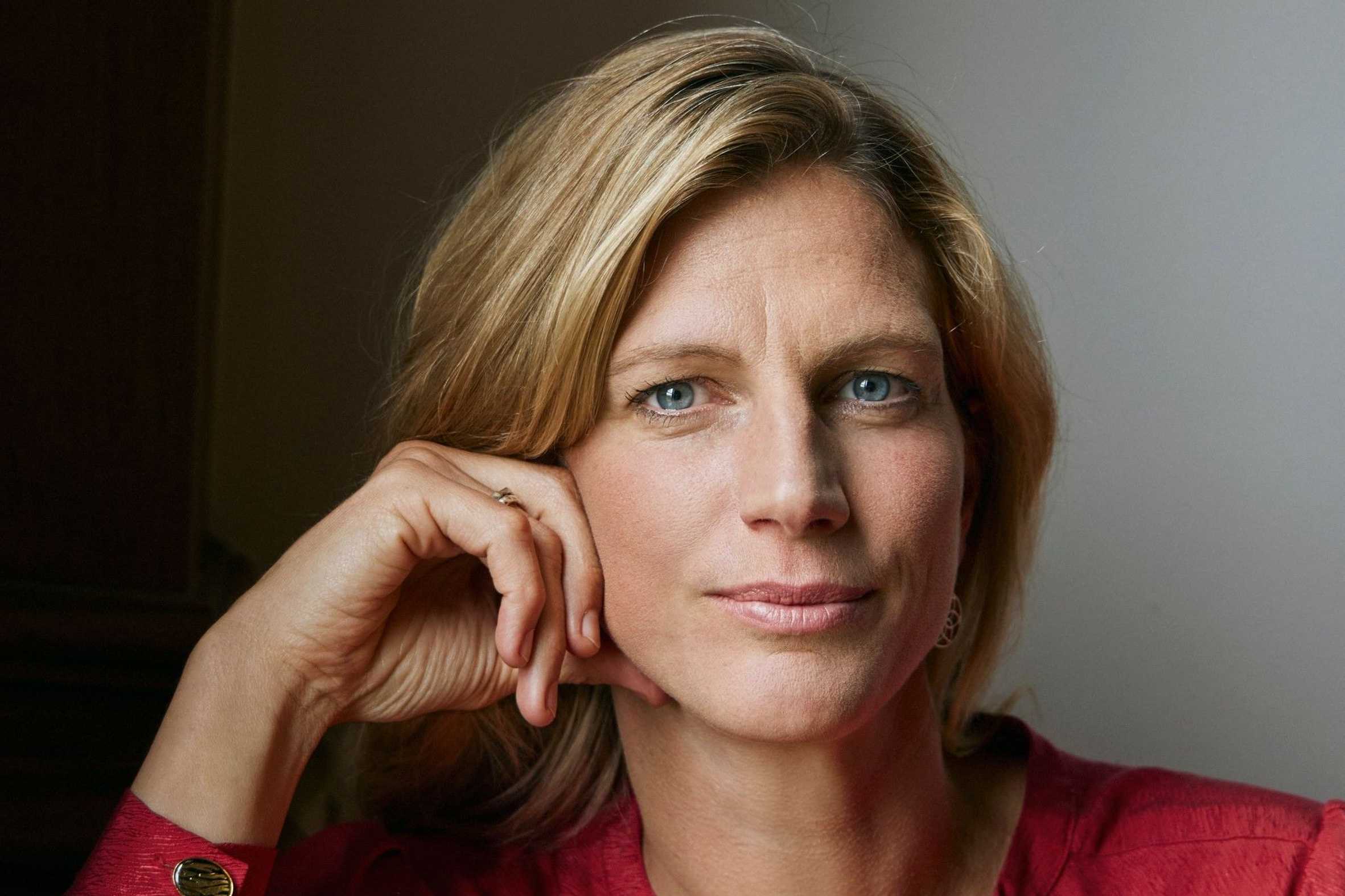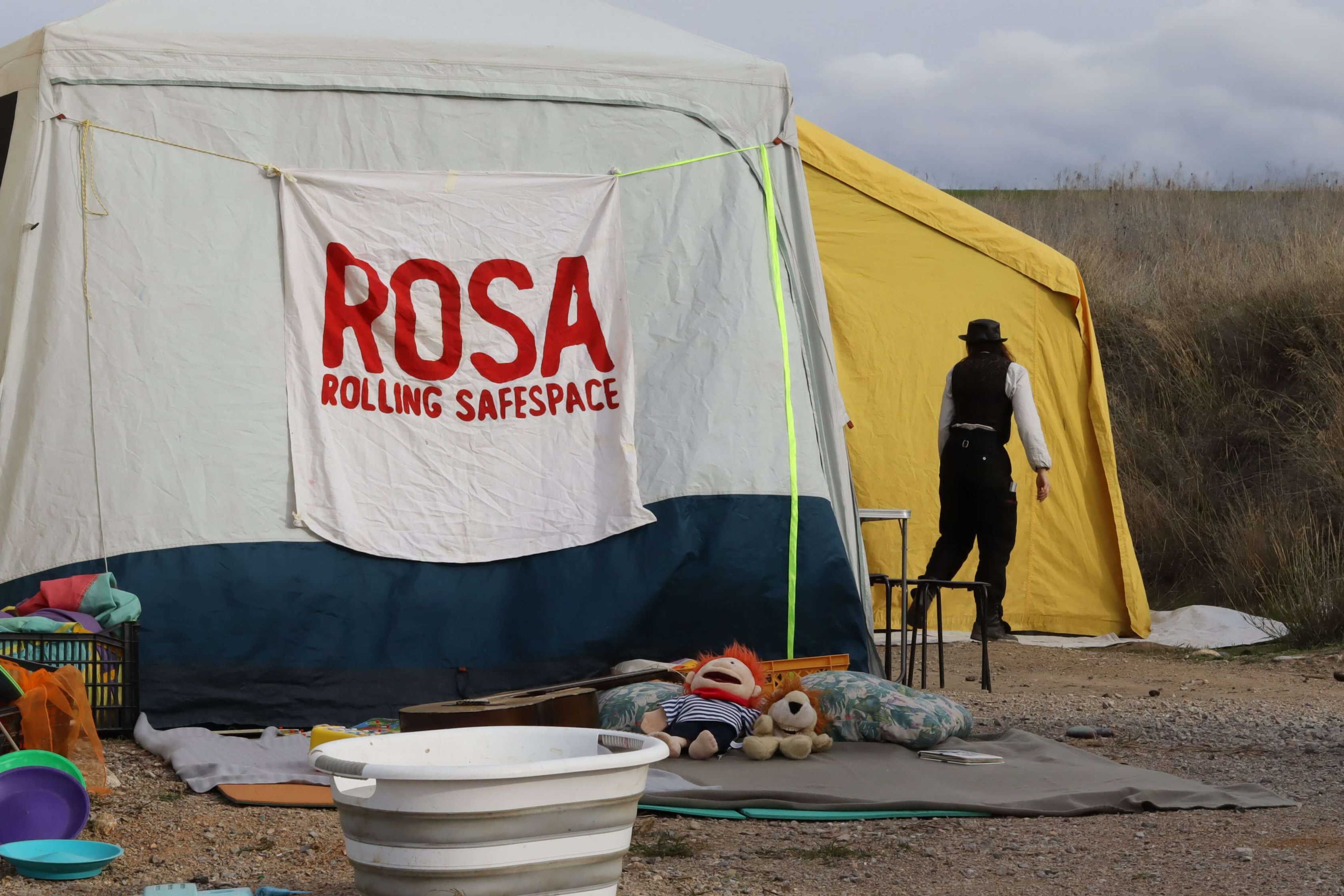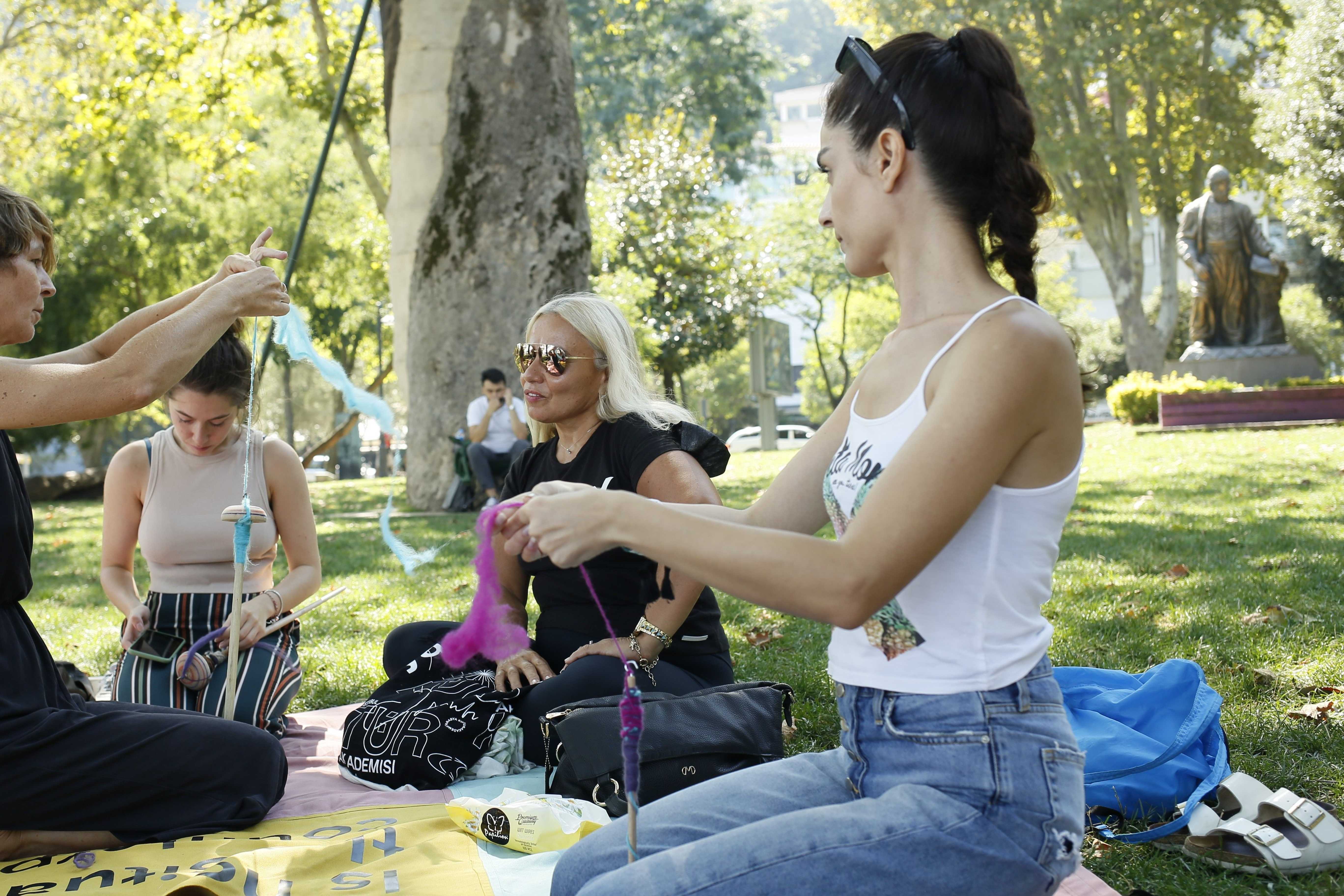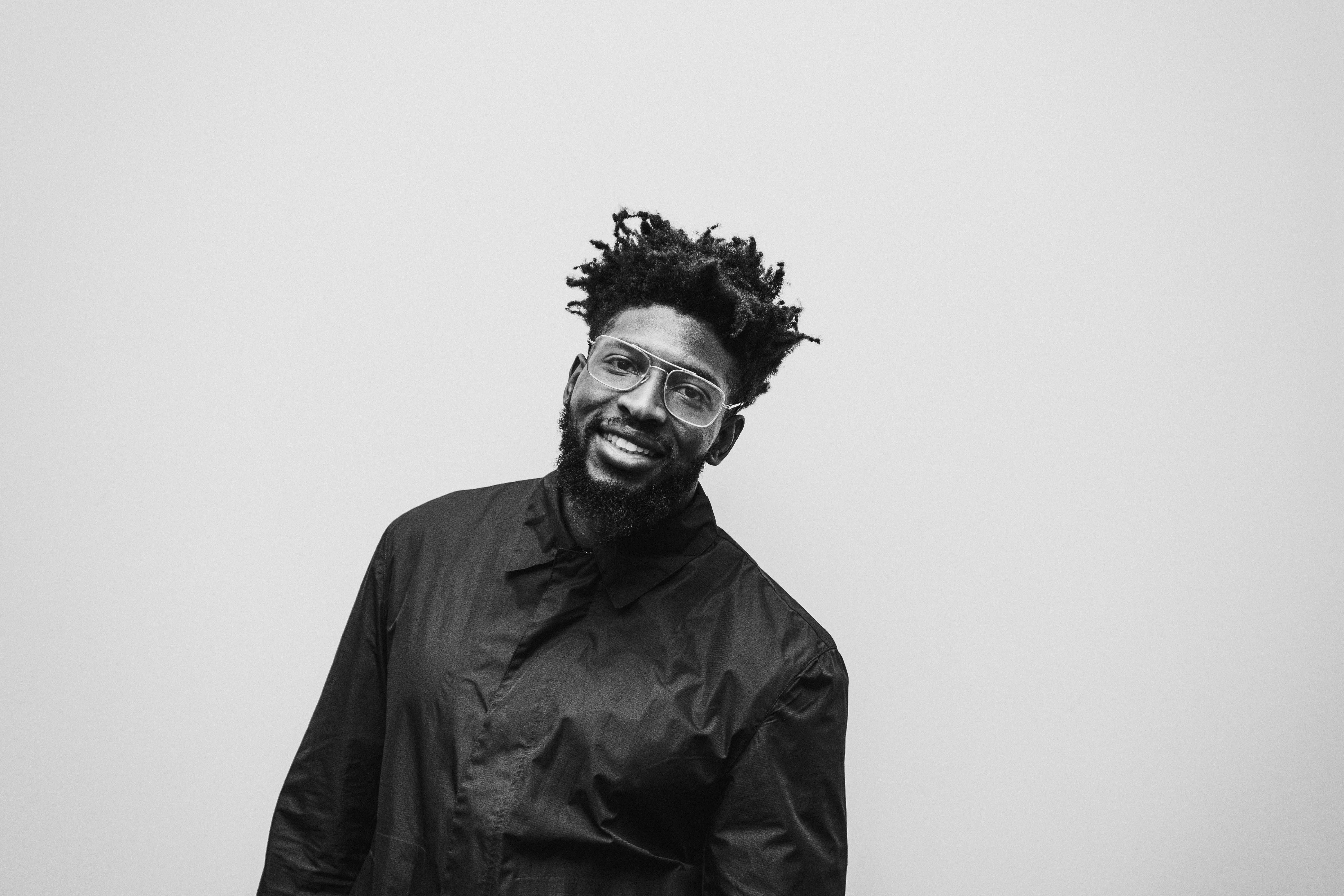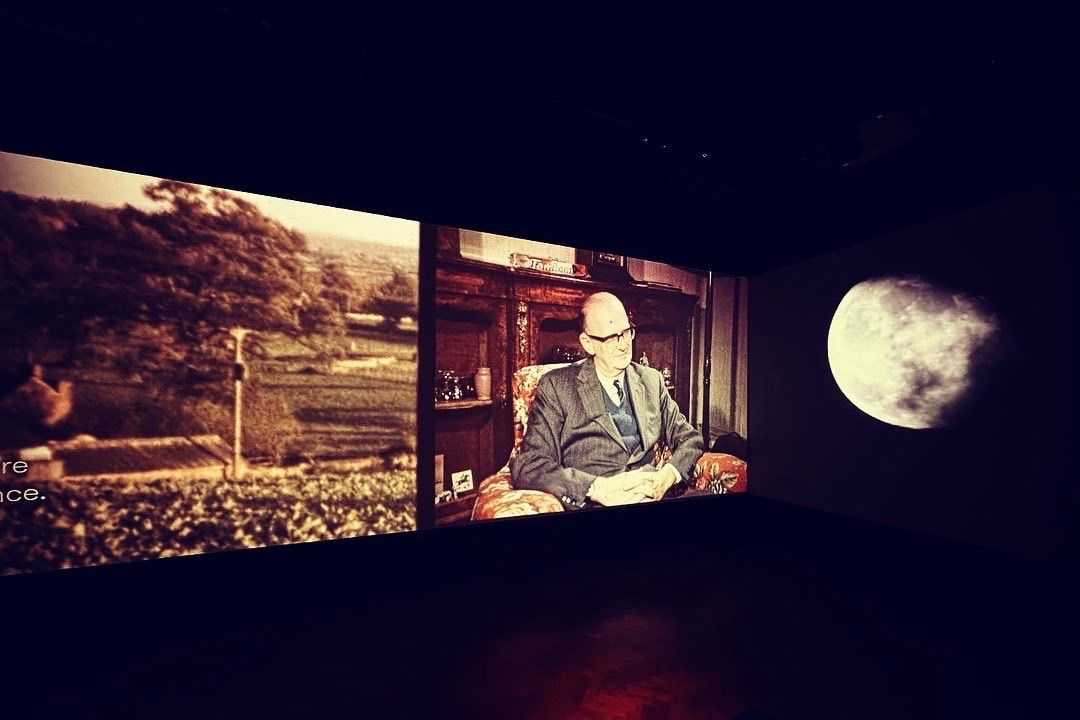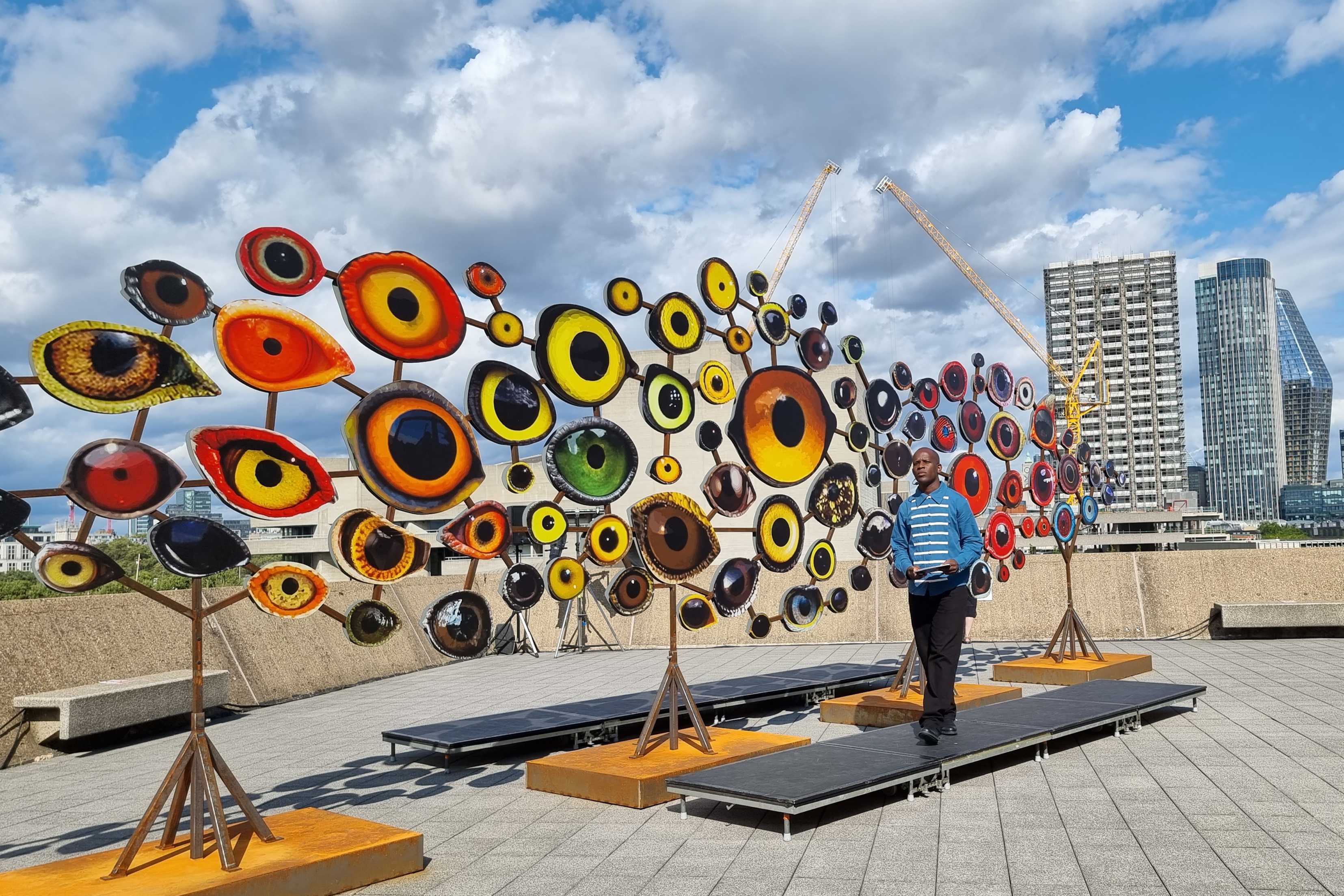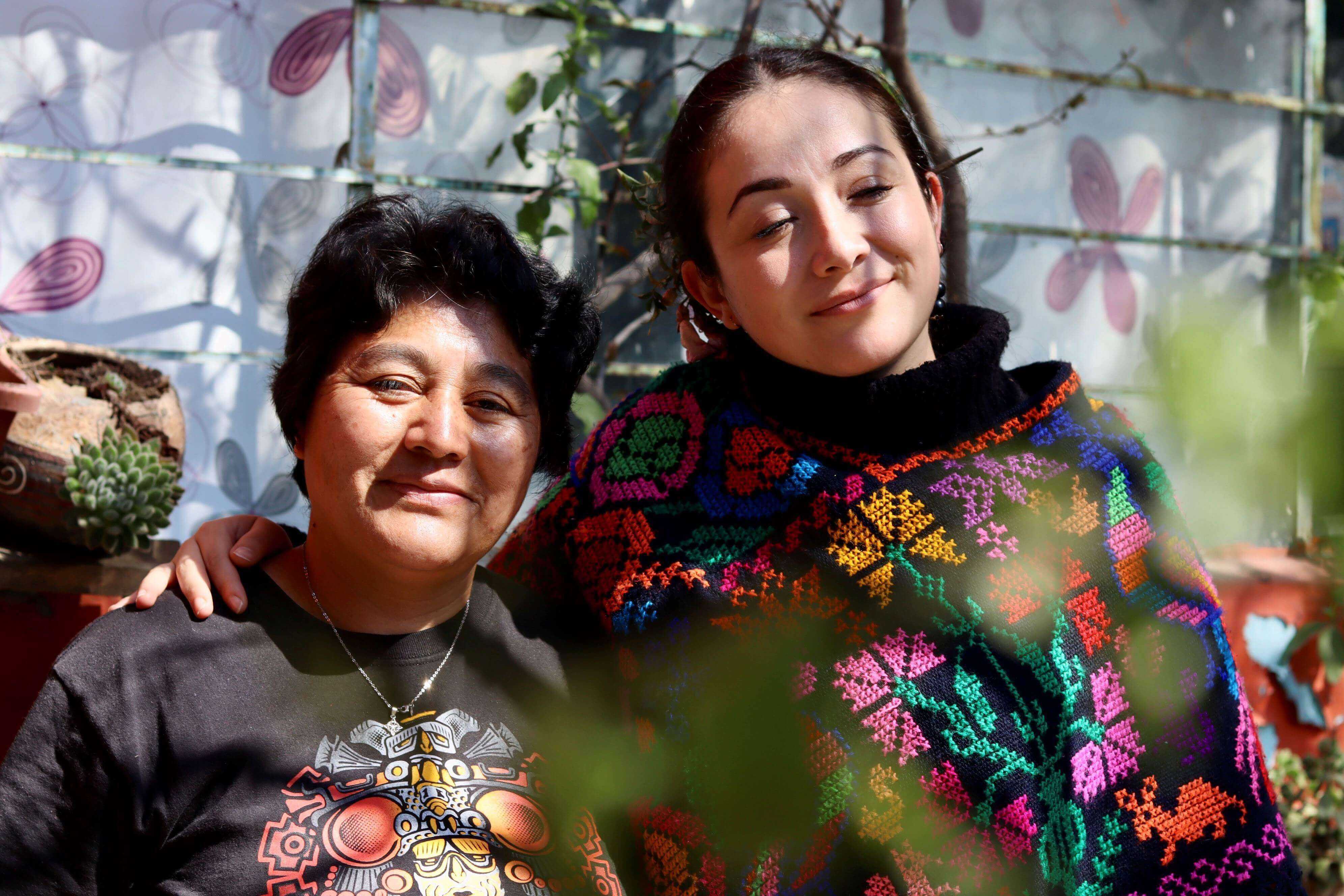Stakeholder Survey: The heat pump in multi-family and apartment buildings
According to Environmental Action Germany, in Germany heat pumps are currently being installed mostly in single- and two-family homes. In apartment buildings, heating systems based on fossil fuels, which are harmful to the environment, continue to be the rule, especially in existing buildings. This needs to be reconsidered, particularly in light of the German government’s plans that, starting in 2024, new heating systems should be powered by at least 65% renewable energies. After all, more than half of the 42.8 million housing units in Germany are in multi-family buildings.
So far, there are too few examples of how to practically ensure the heat supply for existing multi-family buildings with heat pumps. There is little communication about existing examples. Correspondingly, this worries home owners faced with major investment decisions, as well as craftspeople and planning offices that have yet to gather much experience with the installation of heat pumps in apartment buildings.
Together with HEAT, the Environmental Action Germany conducted a survey of key players in the housing sector regarding their experience using heat pumps in multi-unit apartment buildings. Among other things, the survey revealed that the transition away from fossil fuel heating cannot be done without increasing consumer education and buy-in.
Several actors named the lack of acceptance among homeowners’ associations regarding renovation measures, including replacing old heaters with heat pumps, as a relevant barrier for the wider use of sustainable heating technology. Being able to convince elderly people was viewed by several participants as a particularly large challenge. There are three decisive reasons:
- This group of people doubt the planned measures would pay off within their lifetimes.
- They are skeptical regarding heat pumps as a previously unfamiliar technology.
- There is a lack of financial means or knowledge about funding measures.
Those interviewed expressed it was necessary to involve all real estate owners earlier into the planning process to ensure more buy-in. That is why such groups should be offered independent consultation regarding the replacement of heating systems and additional renovation steps. This would help facilitate an understanding of the rather technical information and processes, which are sometimes difficult to grasp. Finally, the survey emphasizes the need for transparent and easy-to-understand information.
The detailed insights regarding consumer acceptance as well as on technological and regulatory issues can be found in the results of the survey here. In the coming months, a roadmap will be developed on how to deploy heat pumps as the core renewable heating technology in all kinds of buildings. In addition, here (in German only) is a fact paper from DUH and the German Association of Energy Consultants (GIH) on the topic of heat pumps. The debate on the implementation of heat pumps is very emotional. That’s because it affects almost every household. But there is often no solid foundation of facts for essential questions: Do buildings have to be renovated completely before heat pumps can be installed? Do heat pumps also work with normal radiators? Are they economically viable? The fact paper debunks four common counterarguments to the use of the heating system.
